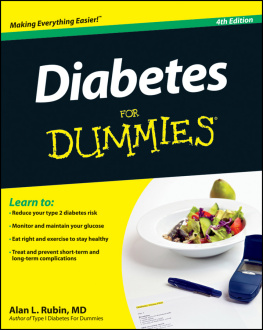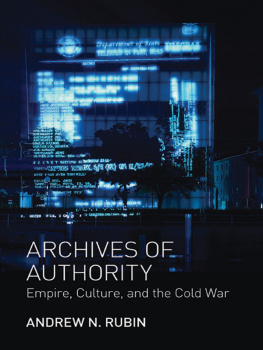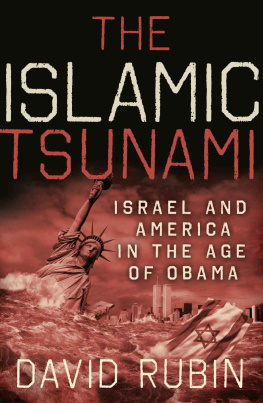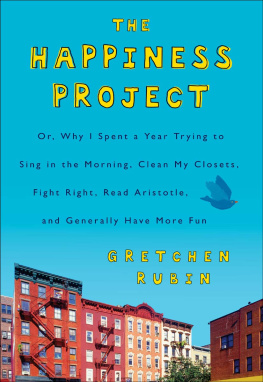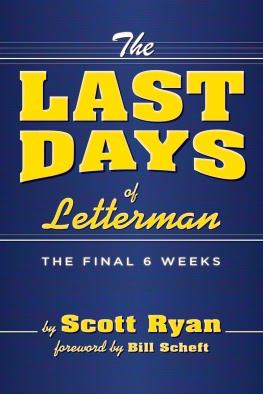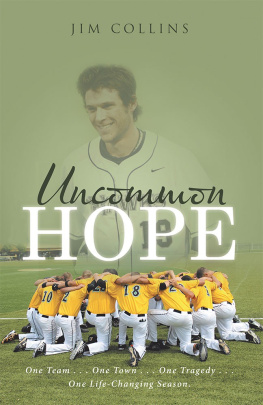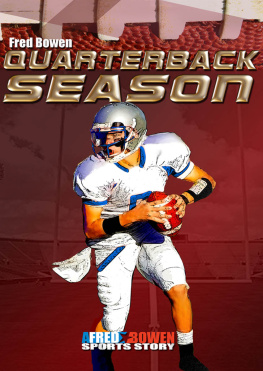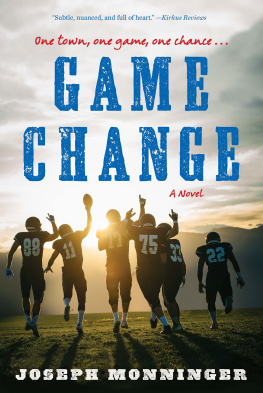CONFEDERACY OF SILENCE


ATRIA BOOKS
1230 Avenue of the Americas
New York, NY 10020
www.SimonandSchuster.com
Copyright 2002 by Richard Rubin
All rights reserved, including the right to reproduce this book or portions thereof in any form whatsoever.
For information address Atria Books, 1230 Avenue of the Americas, New York, NY 10020
ISBN: 0-671-03666-1
eISBN: 978-1-451-60265-4
First Atria Books hardcover printing July 2002
10 9 8 7 6 5 4 3 2 1
ATRIA BOOKS is a trademark of Simon & Schuster, Inc.
For information regarding special discounts for bulk purchases, please contact Simon & Schuster Special Sales at 1-800-456-6798 or business@simonandschuster.com
Cover design by Tom McKeveny
Printed in the U.S.A.
To the good people of Mississippi,
who treated me like one of their own.
C ONTENTS
P ART I:
T HE H IGH -W ATER M ARK OF M Y C ONFEDERACY
P ART II:
A B AD P LACE TO B E
P ART III:
T HE D EATH OF M Y G REENWOOD
P ROLOGUE
Thanksgiving, 1994
Hey, you ol Yankee Jew! the voice boomed through the earpiece before I could say hello. Even if he had been able to disguise his thick Mississippi Delta accent, I would have known it was Jack Henderson. No one else in the world would ever address me that way. As always, it immediately lifted my spirits.
They needed it. Even though it was Thanksgiving Day, I wasnt feeling terribly festive or even thankful. A year had passed since I had returned to New York full of hope and promise, after having spent more than two years working as a freelance writer in Memphis, although to call what I did down there freelancing would be excessively romantic; in truth I had been a scavenger, hustling for any kind of writing work I could get, which meant taking jobs that none of the older, more established writers would touch: video scripts designed to sell prosthetic hips and knees; brochures for a woman who made her living tattooing makeup on other women; a safety manual for a slaughterhouse. All of that would change, though, in New Yorkor so I imagined when I moved back there, shortly before Thanksgiving, 1993. I was twenty-six years old, and absolutely certain that within weeks I would start publishing short stories and essays and articles in national magazines. Money and recognition could not possibly lie more than a few months in my future. But things didnt work out that way, not at all; and now, a year later, I had managed to land only one jobworking on a documentary that ran out of funding after a couple of monthsand had yet to publish a single word anywhere. What I had done was revert to a bad habit I had picked up in Memphisthat of slowly starving to death. At least, I thought as I sat in my apartment that Thanksgiving morning in 1994, Ill get fed tonight. I was thankful for that much.
And then, as it always does at times like this in stories like this, the telephone rang.
Jack was calling to wish me a happy holiday, and because we hadnt spoken in several months. We went through our usual conversational routine, quickly dispatching the matter of what was new in our lives (not much on either side) before moving on to the subject of people we had both known when Id lived in Greenwood, Mississippifriends, coworkers, local bigshots and eccentrics and drunks, and, lastly, former high school athletes we had followed and covered for the newspaper. There was very little in any of these conversations to distinguish them from any other wed had since Id moved away; few people in Greenwood seemed to advance or change in any way, and no one ever seemed to leave, no matter how desperately they wanted or needed to do so. As much as hearing Jacks voice had cheered me up, after a few minutes on the phone with him I was starting to feel a certain depression creep over my consciousness. In an attempt to ward it off, I inquired about the one person whom I was certain had managed to move up and out of Greenwood to greater things. Hows Handy Campbell? I asked. I havent been able to find him on TV yet. Whos he playing for these days?
There was a pause. You dont know? Jack said.
Know what?
He aint playin for anyone. Hes sittin in jail in the courthouse, waitin on a trial.
What? I shouted. Whats the charge?
Oh, youll like this one, Richit, Jack answered. Capital murder.
An uncountable number of thoughts careered through my head, but none of them made any sense. Handy Campbell, a murderer?
I had always expected to see Handy playing in the NFL someday, not languishing in a cell in the county jail on his way to death row. This couldnt possibly be the same Handy Campbell I had known in Greenwood, an extraordinarily gifted athlete, a quarterback of exceptional and natural skill and grace who was also, nevertheless, a genuinely humble and soft-spoken person, the kind of kid who always looked at the ground and called me Sireven though I was barely four years older than hewhenever he undertook to answer a question I had posed to him after a night of glory on the gridiron. It couldnt be.
What did he do? I asked Jack after I managed to regain the ability to speak. Who did he kill?
Remember Freddie Williams? Drove a truck for UPS? Used to deliver to the Commonwealth?
Sure, I said. Freddie Williams was a flamboyant man not easily forgotten, especially in the context of a conservative town like Greenwood. Handy Campbell killed him? Why?
What I heard was that him and this other guy, Myrickyou remember him?
I dont think so.
Well, yfriend Handy and this Myrick wanted to borrow Freddie Williamss truck, and he told them, You can have it if you suck my dick. So they did it and then they killed him.
Get out of here!
I dont know, but it dont sound that far-fetched to me. I do know that when they found Freddies body, he didnt have no pants on.
This is crazy, I said. Handy Campbell didnt kill anybody. Why would he do something like that? He couldnt. Hes no more of a murderer than I am.
Richit, Jack said, when was the last time you saw your old friend Handy Campbell? You know he got kicked out of Ole Miss.
No, I said. I thought he went to Mississippi State.
He did, but then he left and went to Ole Miss, and then he got hisself kicked outta there, and then a little later he come back to town and moved back in with his mama at Snowden Jones and I heard he was into drugs and that kind of thing. They said he and this Myrick wanted Freddie Williamss truck so they could rob dorm rooms at LSU. Thats where they caught them, down there on the campus in Baton Rouge, with that truck all full of stuff.
Jesus, I said, not knowing what else I could say. I was certain that Handy Campbell could not have murdered anyone, and equally certain that he would, nevertheless, be convicted of murder; I knew him and Greenwood and Mississippi too well to believe in the possibility of any other scenario playing out. I wanted to talk about it further with Jack, to run through the scant details again and search for a few shards of evidence that might point to some other conclusion. But I said nothing more; I knew that there was no point to it. Jack had clearly made up his mind about the whole thing already, and his opinion, expressed so succinctly to me, was obviously not his alone; it was, I understood, the judgment of the entire town. As far as Greenwood was concerned, Handy Campbell was guilty, and he was going to be convicted as a matter of course, and probably get the death penalty in the process. Never mind his athletic gifts, his cordiality and humility; never mind his exceptional promise. Those were all gone now. All that remained was a body in a jail cell, awaiting the inevitable. He was already dead.


